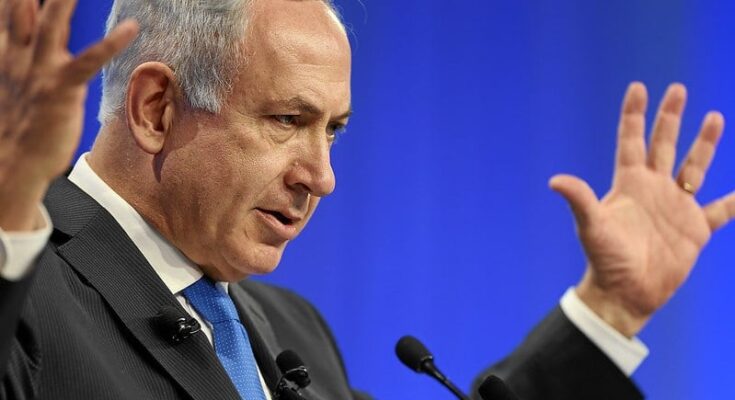
Last week, Israel provided the White House with a document listing a series of conditions that would have to be met for the war in Lebanon to end through diplomatic means, allowing displaced civilians from both Israel and Lebanon to return to their homes.
Prime Minister Netanyahu’s office handed the paper to the White House ahead of Amos Hochstein, President Biden’s envoy, visiting Beirut on October 21st. The document was sent last Thursday, and it was crafted by the Israeli Minister for Strategic Affairs Ron Dermer, who is very close to Prime Minister Benjamin Netanyahu and the IDF.
Israel’s demands to end the war in Lebanon
One demand that was brought forth in discussions between Dermer and IDF leadership is the engagement of active enforcement in Lebanon by the IDF. This would be so as to ensure that Hezbollah does not rearm and rebuild its armed wing in southern Lebanon.
At this stage, it is unclear whether this means that the IDF would occupy southern Lebanon or if this specific demand would effectively set IDF control points within the region.
Additionally, Israel would demand its air force be allowed freedom of operation in Lebanese air space.
These two demands go directly against the 1701 UN Security Council Resolution, which states that the Lebanese Armed Forces and the United Nations Interim Force in Lebanon would enforce a ceasefire between Israel and Hezbollah.
Additionally, it is unlikely that both Lebanon and the international community would adhere to these demands, given that they would undermine Lebanon’s sovereignty.
Hochstein’s visit is “the last chance” to solve the war in Lebanon before US election
Hochstein arrived in Beirut on Monday, October 21st to meet with the acting prime minister of Lebanon, Najib Mikati, and other PMs. A day before his arrival, the PM of Lebanon, Nabih Berri told Al-Arabiya that this was the last chance to solve the war in Lebanon before the US election.
Lebanese leadership has also highlighted there is a consensus in Lebanon surrounding Resolution 1701 and would strongly oppose any amendment made to it.
Upon his arrival in Beirut, Hochstein was asked about Israel’s demands in a press conference, and he “refused to negotiate in public.” At this press conference, he also said that neither Israel nor Lebanon has fully implemented resolution 1701, and this has contributed to the war between both countries as is being witnessed today.
Hochstein also said that the US is “working on a formula that will end the conflict once and for all so that it won’t start again next month or next year.”
He did explain that a plausible solution would have to be based on resolution 1701, but certain criteria would have to be in place so as to allow both sides to feel confident that things would be different this time around.



